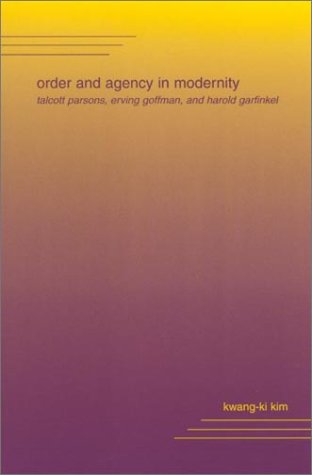

Most ebook files are in PDF format, so you can easily read them using various software such as Foxit Reader or directly on the Google Chrome browser.
Some ebook files are released by publishers in other formats such as .awz, .mobi, .epub, .fb2, etc. You may need to install specific software to read these formats on mobile/PC, such as Calibre.
Please read the tutorial at this link: https://ebookbell.com/faq
We offer FREE conversion to the popular formats you request; however, this may take some time. Therefore, right after payment, please email us, and we will try to provide the service as quickly as possible.
For some exceptional file formats or broken links (if any), please refrain from opening any disputes. Instead, email us first, and we will try to assist within a maximum of 6 hours.
EbookBell Team

4.1
10 reviewsThe social conditions of Modernity are assuming more and more extreme forms, with no indication of moderating. Modernity in its many historical and cultural transformations has touched virtually every culture and every person around the globe. Social science is following these developments, as it has from its very beginnings. The social conditions of Modernity are therefore the subject of continuing study and debate. I place myself in this academic context, but also in this socio-historical context, as both a citizen and a sociologist. I therefore find the problem of modernity to be not only an important subject of inquiry, but also an extremely interesting and engaging one, personally as well as professionally. At the same time, much of my experience in sociological theory has revolved around another central set of problems, relating to human agency and social order. Both sets of problems have consumed my attention. After a number of years of studying these questions largely independently of one another, I developed a strong suspicion that the two issues must be addressed together, as intricately related phenomena. That is, I began to suspect that human agency, social order, and their relation(s) assume special forms in the Modern period, that they become personally and theoretically problematic in decisively modern ways, and that they are available only in their modern forms, to modern minds.
This is a work that synthesizes two sets of interests as a means of satisfying each more fully. This synthesis takes the form of a study in the relationship between modernity and modern sociological theory, the latter understood as a body of thought in which the problems of human agency and social order are central. It is neither about modernity nor the relations between agency and order, but about how the two topics are related and inform one another.
…